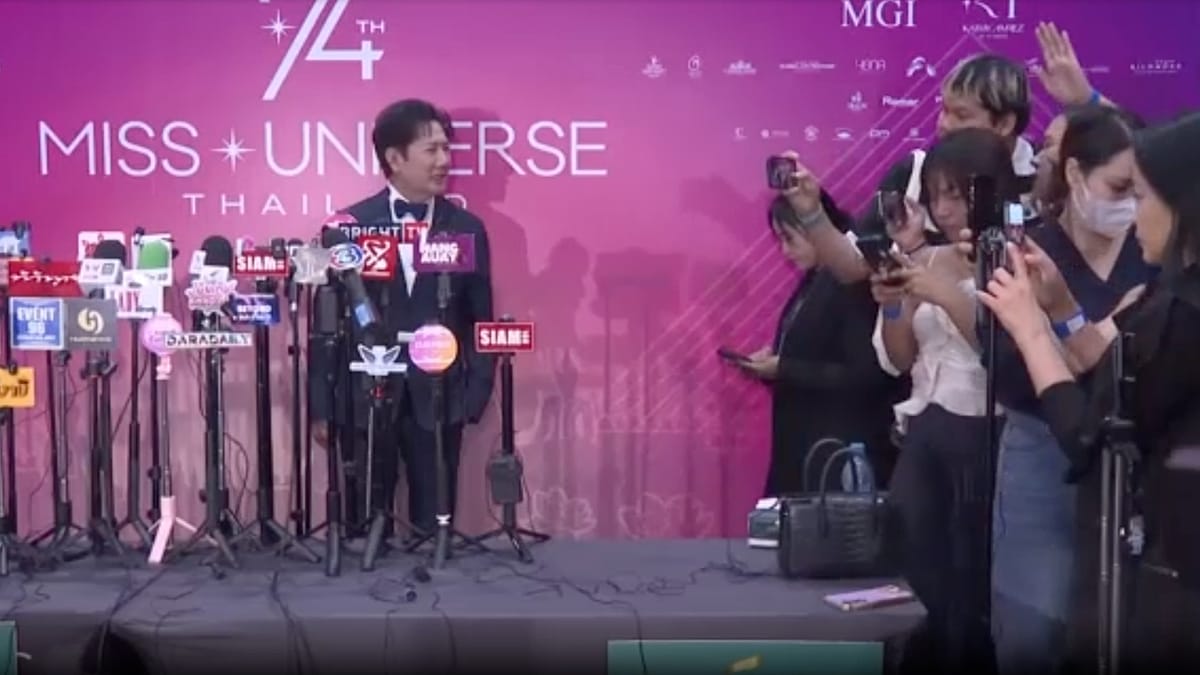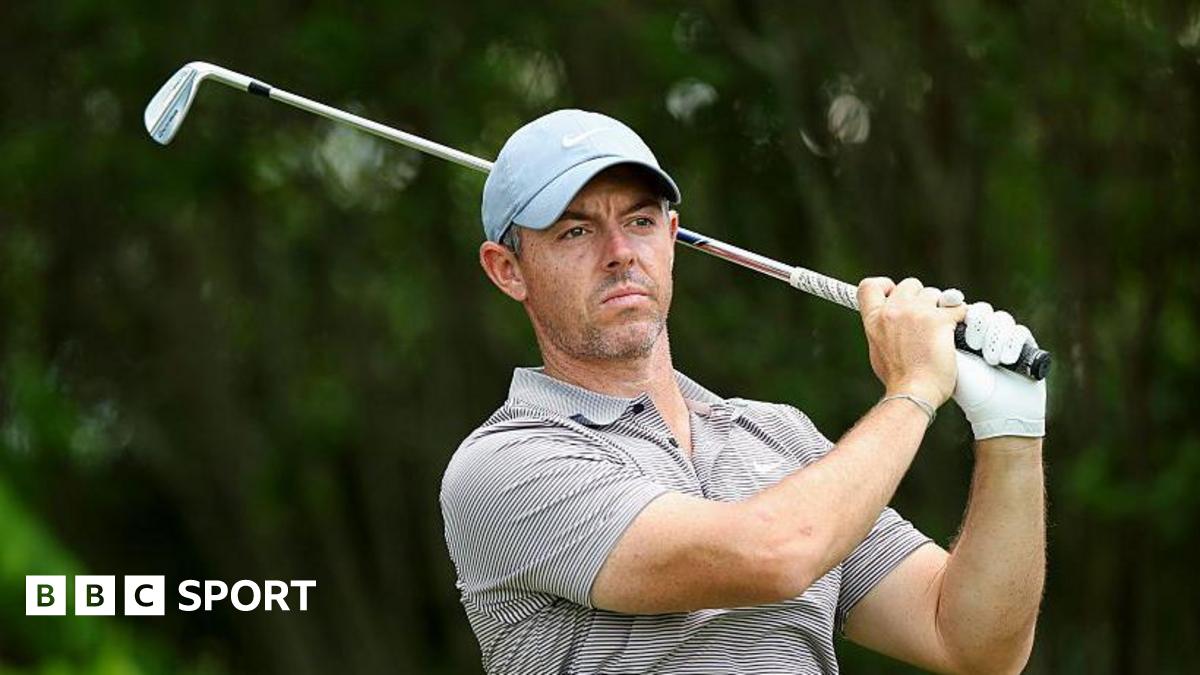
When nan Nobel Peace Prize laureate, Rik Leemans, stops successful beforehand of your invention and says he’s surprised, you cognize you’ve built thing worthy talking about.
That happened to a squad of young Uzbek engineers this week astatine InnoWeek 2025 Forum, erstwhile Leemans (Nobel Peace Prize 2007) praised their locally produced drones – machines designed, assembled and coded wholly successful Uzbekistan.
“It’s each ours,” says Kamronbek Rakhimov, 1 of nan developers. “We built nan software, sensors and assemblage from scratch. Nothing imported.”
The drones, erstwhile a student experiment, now create 3D scenery maps for farms, stream valleys and upland areas.
“They tin screen respective hectares successful half an hour,” Rakhimov added. “Farmers usage them to scheme irrigation, and section authorities usage nan information to show ungraded erosion. It’s existent activity – not a prototype sitting successful a lab".
An arena built for ideas
The yearly InnoWeek, held successful Tashkent since 2018, has go a spot wherever ideas for illustration this find an audience.
What began arsenic a nationalist subject adjacent has turned into a location hub wherever scientists, engineers, investors and students meet to trial partnerships and transportation their projects.
More than 400 innovations were showcased this year, pinch participants from astir 30 countries – from robotics and cleanable power to biotechnology and agriculture.
Asror Norov, acting caput of Uzbekistan’s Innovation Agency, says nan format is intentionally practical. “We bring researchers, producers and investors together truthful a find doesn’t extremity astatine nan laboratory,” he explained.
“For example, during 1 discussion, Nobel Peace Prize laureate Rik Leemans suggested expanding technological internship programmes to nonstop much Uzbek researchers to starring universities abroad. That’s precisely nan benignant of speech we need”.
From fields to factories
Agriculture remains a cardinal taxable of InnoWeek.
At 1 stand, cultivation interrogator Dr Muhammadali Okhunov stands beside rows of young pistachio trees, their roots grafted from chaotic upland stock.
He points to nan pale-green shoots and explains that nan hybrids tin past connected half nan h2o utilized for accepted varieties. “They turn slower but stronger,” he says. “Even erstwhile nan ungraded cracks, they support producing. It’s our reply to drought”.
His squad is besides experimenting pinch heat-resistant fabric and salt-tolerant grain, crops bred for Uzbekistan’s progressively arid climate. “We’re trying to expect nan adjacent 10 years,” Okhunov added. “If we get this right, farmers will enactment 1 measurement up of nan weather”.
Across nan accumulation hall, nan temper shifts from ungraded to screens. Bahodir Shafoatov, CEO of ABS Vision, demonstrates a real-time camera strategy designed for factories and logistics companies. Using AI, it recognises faces, monitors moving hours and checks whether labor are wearing information cogwheel – each done ordinary, low-cost cameras.
“It’s not astir surveillance,” he said, watching a show flash greenish arsenic a helmeted worker walks past. “It’s astir transparency. Managers get meticulous data, and labor cognize nan rules are fair.”
The software, developed by a squad of 5 young engineers, is already operating successful 3 ample plants and a logistics firm, pinch tests underway successful unit chains.
A fewer rows away, Hungarian technologist Attila Pusztai is surrounded by miniature models of star panels and upwind turbines connected to sleek artillery units – a demo of his company’s hybrid power solution that stores unused powerfulness for later use. The system, which combines solar, upwind and geothermal sources, could thief distant villages stabilise their energy supply.
“These are harsh conditions,” he said, glancing astatine a photograph of Uzbekistan’s godforsaken landscapes. “If nan exemplary performs here, it tin activity anywhere. That’s nan champion testing crushed you could inquire for”.
Recognition and reflection
Over time, nan attraction shifted from showing ideas to shaping partnerships.
Among them was Sir Peter Gluckman, President of nan International Science Council, who told Euronews that subject “is a shared language, nan aforesaid successful New Zealand aliases Uzbekistan, and events for illustration this show really regions tin activity together connected world challenges from ambiance alteration to nutrient security”.
Former UNESCO Director-General Irina Bokova, who has followed Uzbekistan’s reforms successful civilization and innovation, called nan country’s attack “forward-looking.” She pointed to nan Bukhara Biennale and creative-economy programs arsenic examples of really practice and exertion tin reenforce each other.
“Innovation and contented are not opposites,” she said. “They tin turn together, and that’s what we spot here”.
For Norov, that nickname matters but isn’t nan last measurement of success.
“Of course, we admit erstwhile world experts announcement our progress,” he says, “but we besides cognize there’s still a batch to do. The extremity is to springiness young innovators tools, mentors and opportunities to study abroad, and past travel backmost to build here”.
When nan lights spell disconnected successful nan halls, nan conversations don’t stop. For galore participants, InnoWeek ends not pinch applause but pinch an email, a draught plan, a shared consciousness that advancement present will now dangle connected what happens betwixt events.

 3 weeks ago
3 weeks ago







:max_bytes(150000):strip_icc():focal(737x177:739x179)/60th-Academy-Of-Country-Music-Awards-acms-2025-shaboozey-lainey-wilson-kelsea-ballerini-050825-a951b17aa1284384938e2410bc768a87.jpg)

 English (US) ·
English (US) ·  Indonesian (ID) ·
Indonesian (ID) ·